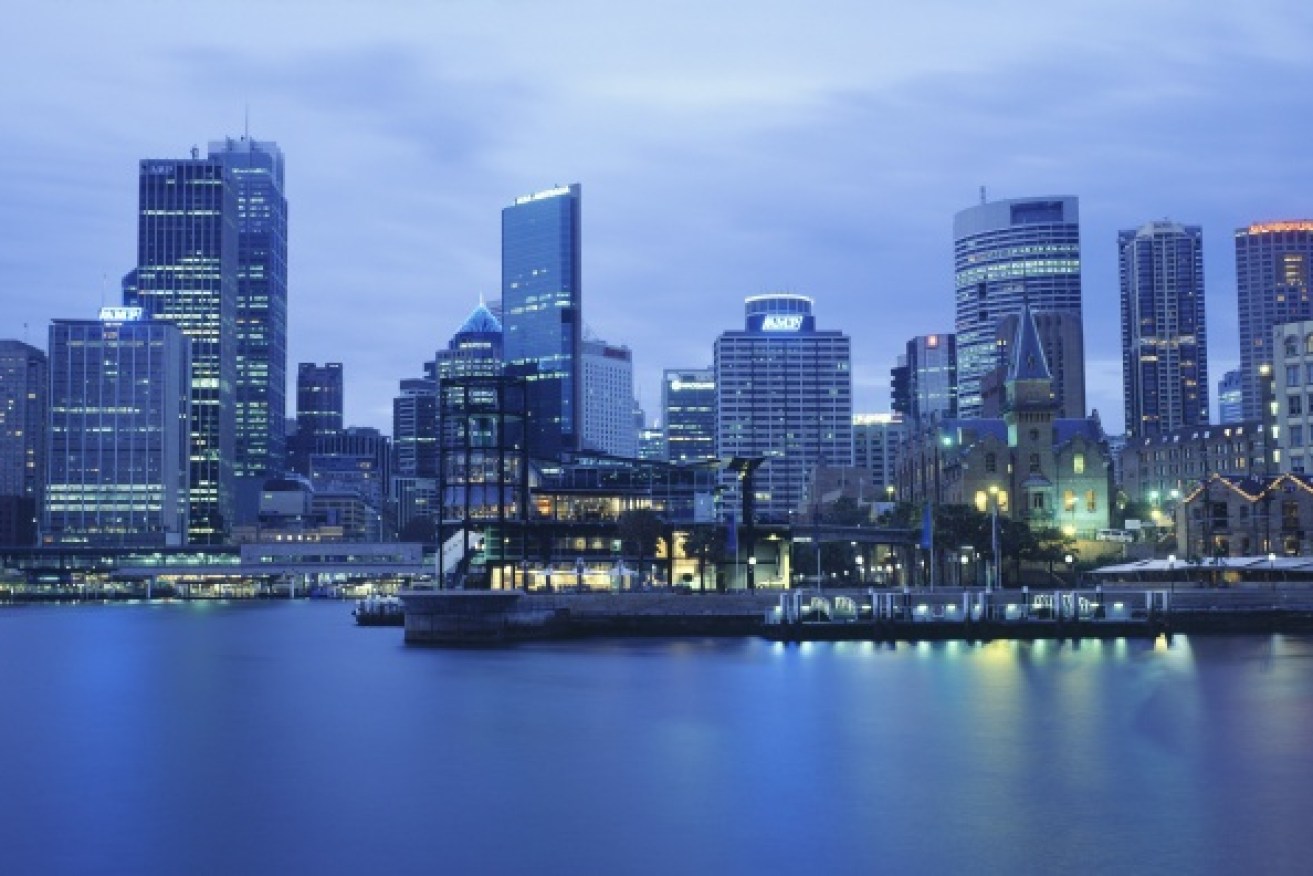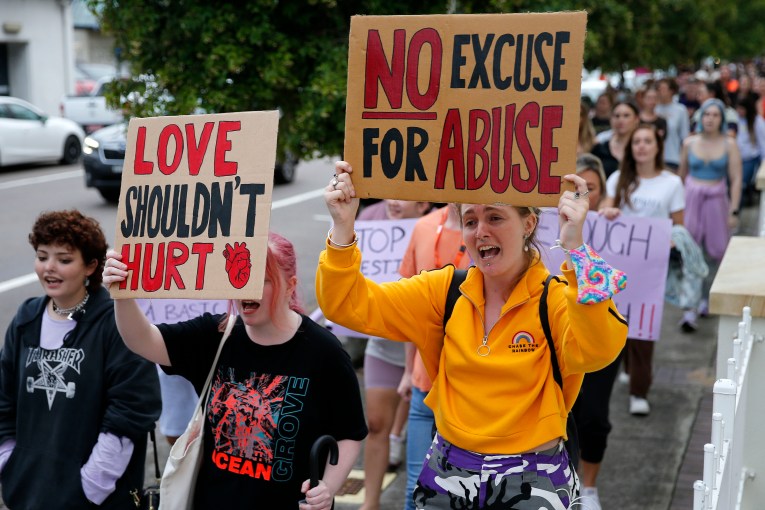Go figure: Aussies’ sense of safety ranks on par with Philippines


"We are habituated by our media environment to feel less safe than we actually are." Photo: AAP
Duck for cover and bolt the door!
According to the Gallup Global Law and Order report for 2018, Australians enjoy the same level of safety – or at least feeling safe – as the people of Israel (despite the rockets), Bangladesh (poor as hell), South Korea (under nuclear threat) or Sri Lanka (still removing the bandages from a civil war).
Sadly though, according to the poll, we’re trailing behind Rwanda, Egypt and Myanmar.
Singapore – where murder and littering are exceptionally rare – scored the number-one spot with a score of 92.
Venezuela and Afghanistan sat at the bottom with a score of 44.
Australia isn’t a disaster at 82nd place – but then, neither is the Philippines which also scored 82. Even the Filipinos are scratching their heads over the parity.
As the Philippine Star reported: “The Philippines maintained its ranking in the upper half of the research firm Gallup’s 2018 Global Law and Order report … despite the thousands of alleged extrajudicial killings linked to the government’s brutal drug war.”
The Law and Order Index is a composite score based on people’s reported confidence in their local police, their feelings of personal safety and the incidence of theft and assault or mugging in the past year. It’s based on interviews with 148,000 people from 142 countries and areas.
The score on the index indicates the proportion of the population that reports feeling secure. The index score for the world in 2017 was 81 out of a possible 100. Australia just squeaks in above the average score. What gives?
Dr Richard Evans is a lecturer in criminology at Deakin University. He has over the years been following the Law and Order Index which he deems “a worthwhile study,” particularly because of the number of people sampled, and because “it’s been done over a fairly long period of time.”
The top and bottom scores tend to make good sense. The middle scores, on the face of it, are confounding.
“I know the Philippines quite well,” says Dr Evans. “The police there are shocking. They’re openly corrupt, they take bribes routinely from motorists and they are well known to be involved in criminal activity.”

Extrajudicial killings have become common in the Philippines as a result of the drug war. Photo: AAP
If you are a law-abiding citizen in the Philippines, you try and avoid the police.
“If you’re rich you pay for private security,” says Dr Evans. “If you’re poor, you band together as a community and provide some informal security. The police are regarded with hostility and contempt.”
But this is not the case in Australia.
“Police have their issues, especially with indigenous communities, but broadly speaking, Australians, including the poor and downtrodden, look to the police with confidence.
“We basically see them on our side. Any notion there is parity between police in Australia and police in the Philippines is farcical.”
So why do we feel relatively unsafe?
“We in Australia and some other countries are habituated by our media environment to feel less safe than we actually are,” says Dr Evans.
“We’re endlessly told that crime is up and we are in danger. In Melbourne in particular there has been a very irresponsible fear-mongering campaign … mainly by the tabloids.”
He points to a report 12 months ago from the Australian Institute of Criminology that found the murder rate was the lowest it has ever been.
Dr Evans did a detailed study of the media reporting and found only six newspapers across Australia even mentioned the murder rate, and five of those headlined the rising domestic violence statistics – which may in fact represent a higher rate of reporting to police instead of an actual increase in violence.
“The only paper to headline the murder rate was The Gold Coast Bulletin,” says Dr Evans.
He feels this was probably because the Gold Coast is a tourist destination and the good news served its interests.
Dr Evans’ complaint is supported by the reporting of ABS crime figures released this week. Peter Martin in The Age headlined his piece: “Victoria the safest it’s been for 10 years.”
Most of the coverage has rightly reported that sexual assault is on the rise – but again this may have something to do with an increase in reporting by victims.
The most likely reason we rank alongside the Philippines and Bangladesh, says Evans, probably reflects more on cultural differences between a rich country (where people tend to have less to do with their neighbours) and a poor or troubled one (where people rely on community for a sense of safety).
“Prosperous nations tend to have relatively weak communities,” says Evans. “We tend to live fenced off from each other. This isn’t psychologically healthy. When things turn against you, you don’t have that many people to share the experience with. We don’t just drop in on neighbours.
“In a slum in Manila, people get together and talk and get know each other in the street. This encourages confidence and a sense of safety.”
Sandeep Gopalan is Professor of Law at Deakin University. He said if the index was based on our crime statistics we would rate much higher. He said the results were at odds with the World Justice Project’s Rule of Law index – a measure of how people experience and perceive the rule of law – in which Australia ranks 10th overall.
In 2014, it was number eight. It dropped not because of fears of street crime, but because of concerns of government overreach and fewer checks on the use of executive power.








